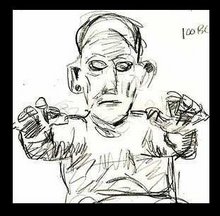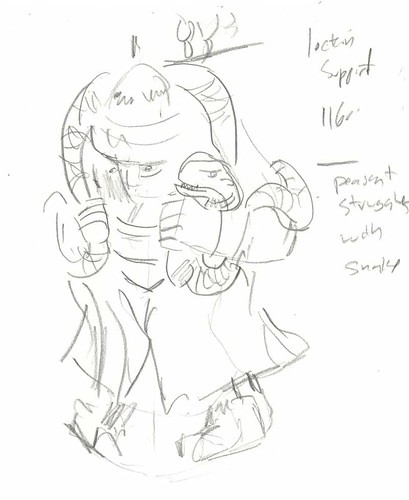Some beliefs are so dangerous that it
may be ethical to kill people for believing them.
p. 52–3 The End of Faith by Sam
Harris
Religion is now widely defined by
scholars and judges alike, in functional rather than substantive
terms. Instead of focusing on some creedal criterion such as belief
in God, we look for family resemblances. Do the works of Ayn Rand
function like scripture for atheists?According to one common formula,
members of the family of religions typically exhibit four Cd: creed,
cultus, code and community.
...In fact atheism is more doctrinal
than any of the great religions. By definition, atheists agree on the
dogma that there is not god...belief is their preoccupation...pg 323
God is Not One by Stephen Prothero.
I am still playing with the idea of man
as Homo Religiosus...or at least seeing similarities between the
“Angry Atheists” and traditional fundamentalists. From the quote
defining Religion above I image a determined Atheist would be pretty put out since it
makes a world of difference that their NON-belief is the TRUTH while
the religious person's belief is at best wrong headed and according
to Richard Dawkins a “lethally dangerous nonsense”.
BUT, the thing is the fundamentalist
feels exactly the SAME WAY, except it is their belief that is
OBVIOUSLY the truth. So both camps respond with the same emotional
pattern.
This is of course a horribly broad
oversimplification, and I am just turning the notion over in my head.
Note: I read that Sam Harris feels the above quote is less offensive with more context. But that is also how violent fundamentalist feel. For them the context makes the violence acceptable. In both cases you don't kill people for what the do, you kill them for what they believe, because they think they know what "they" do later.


